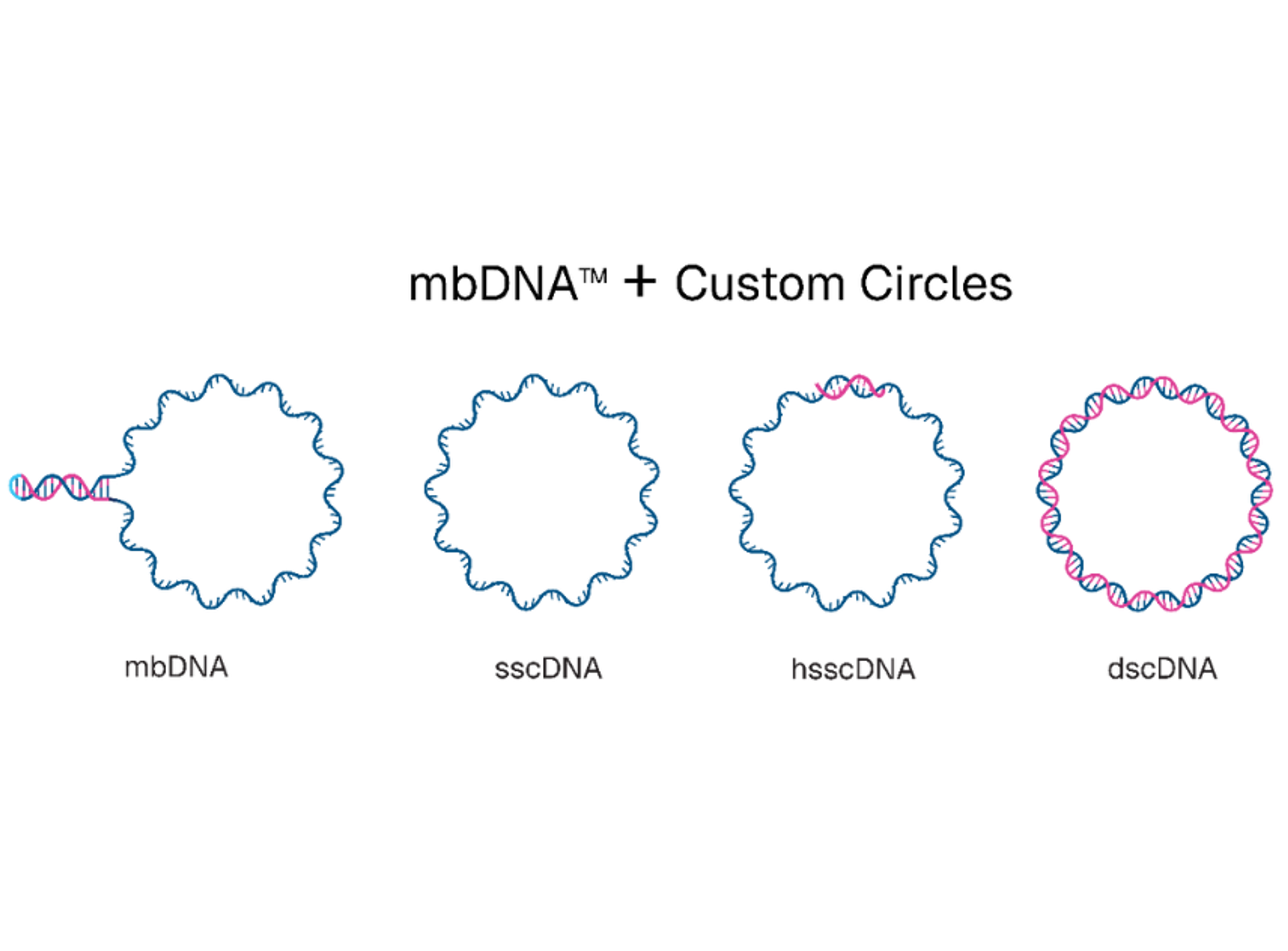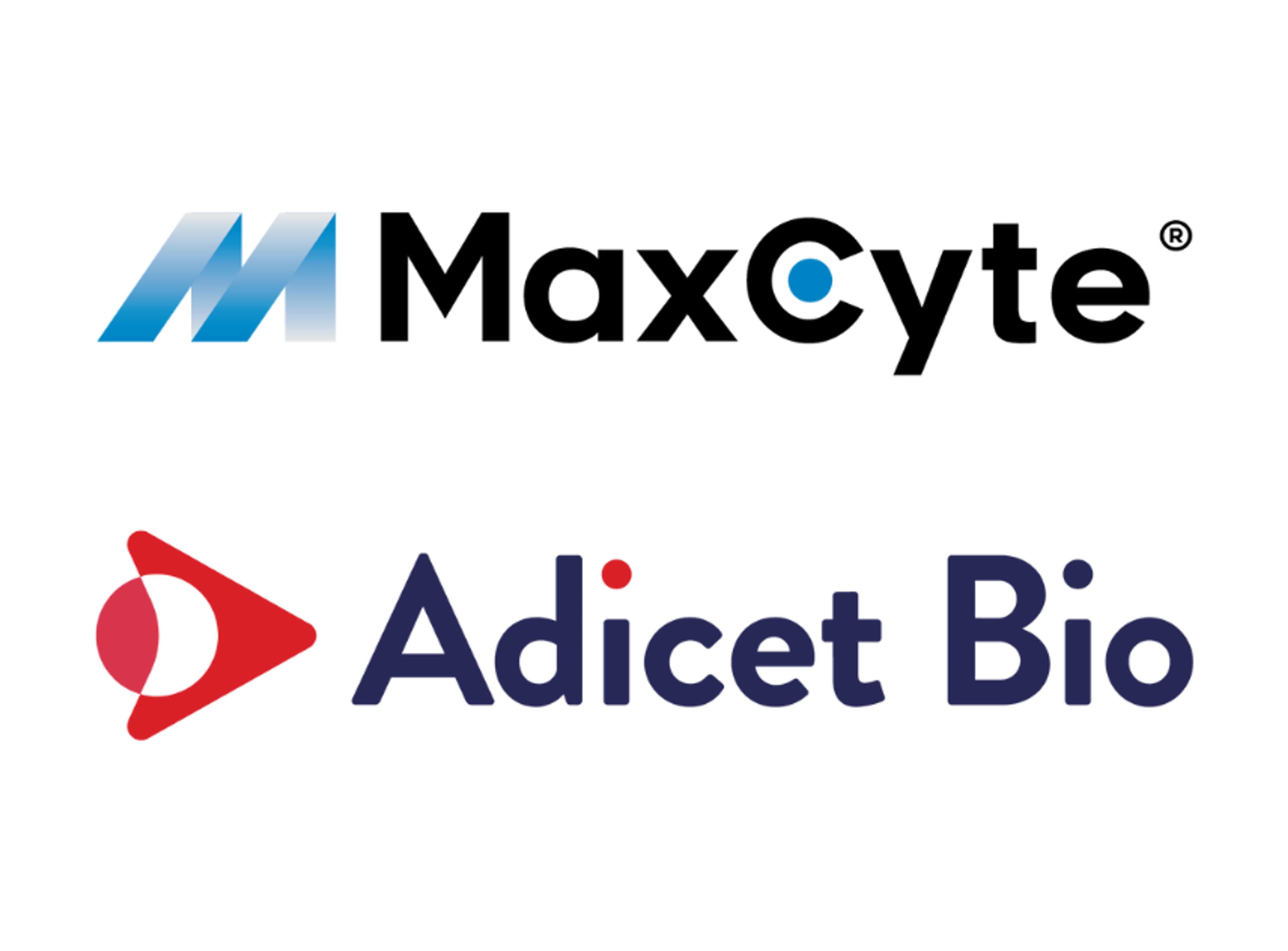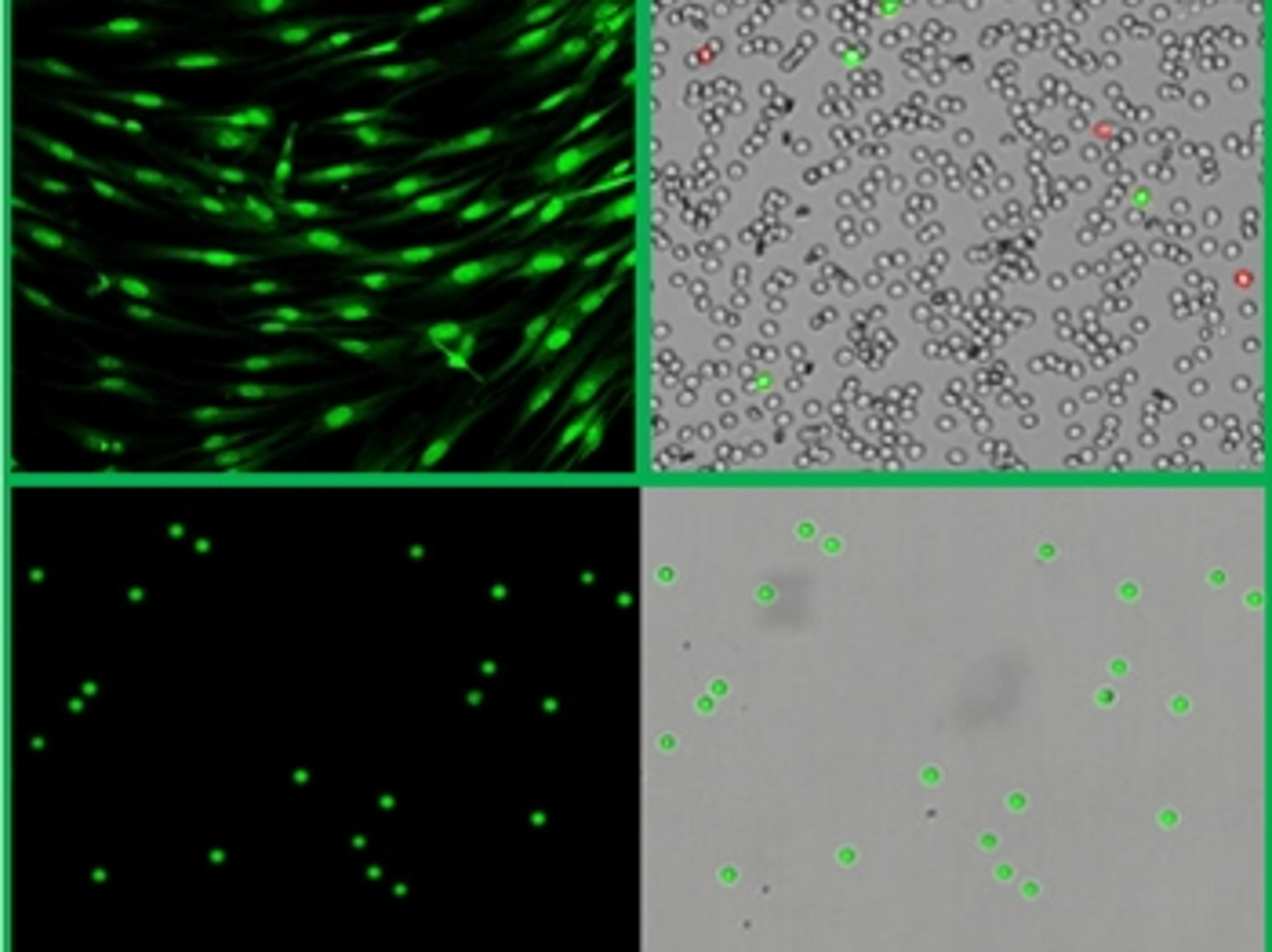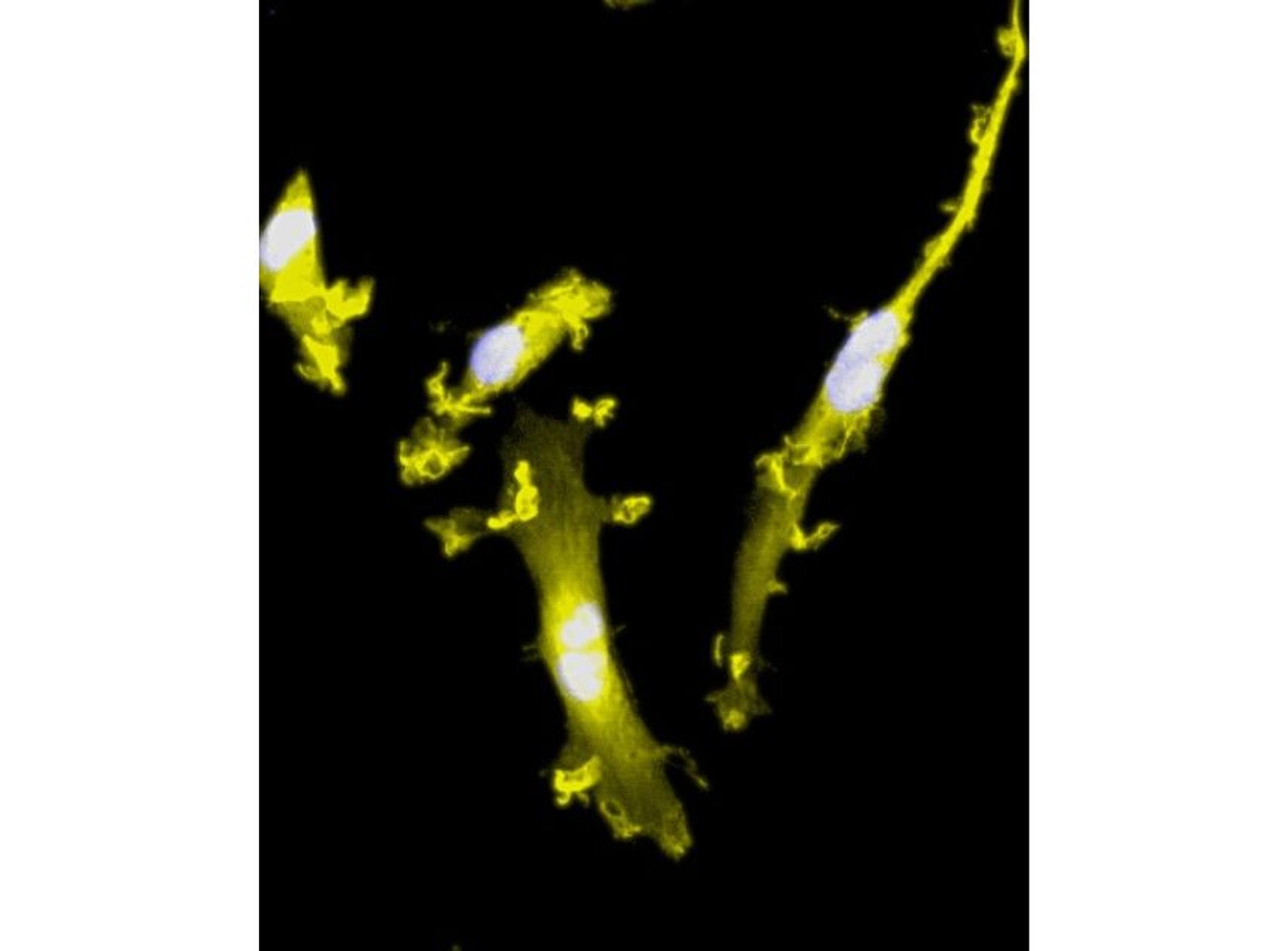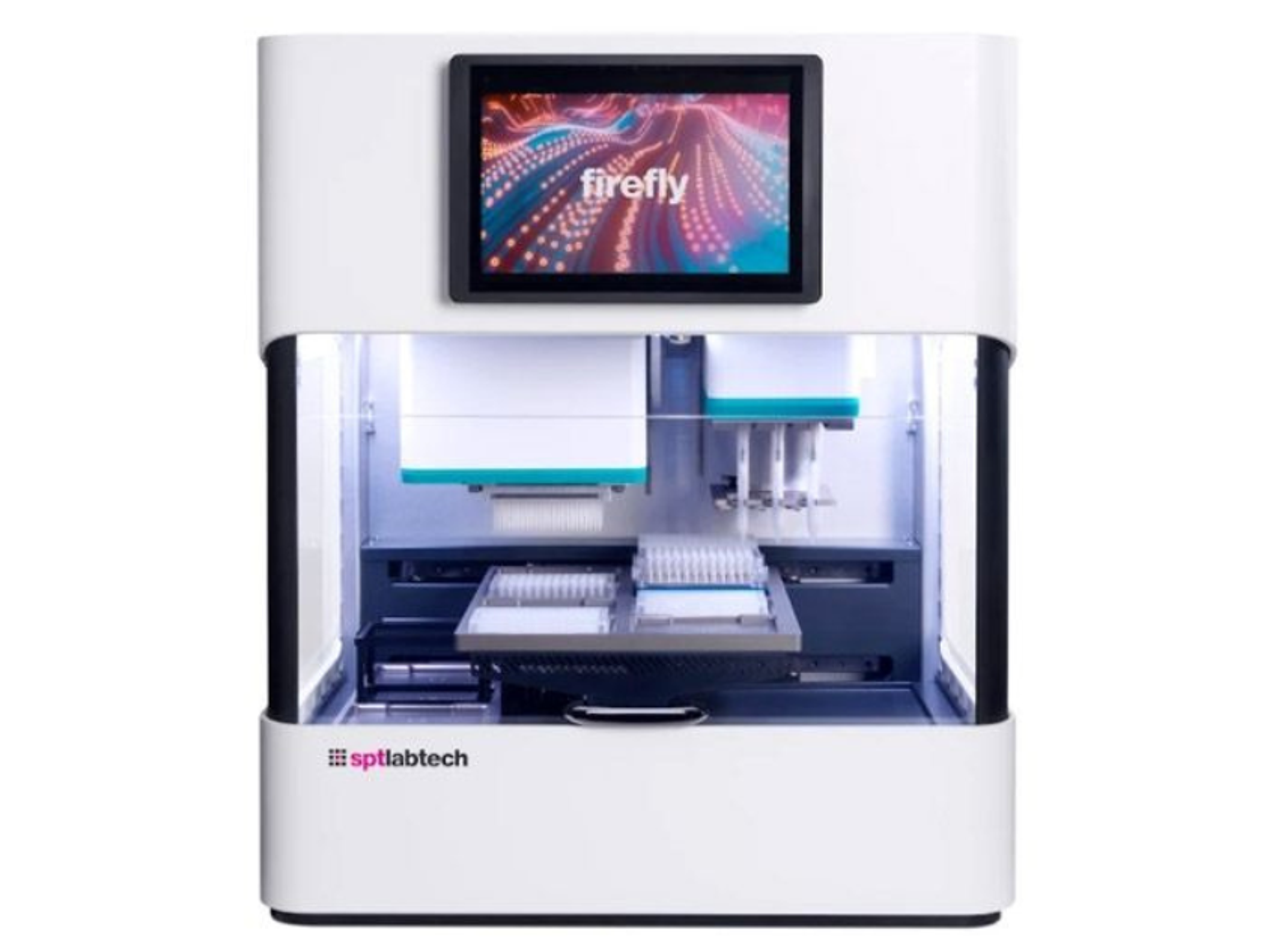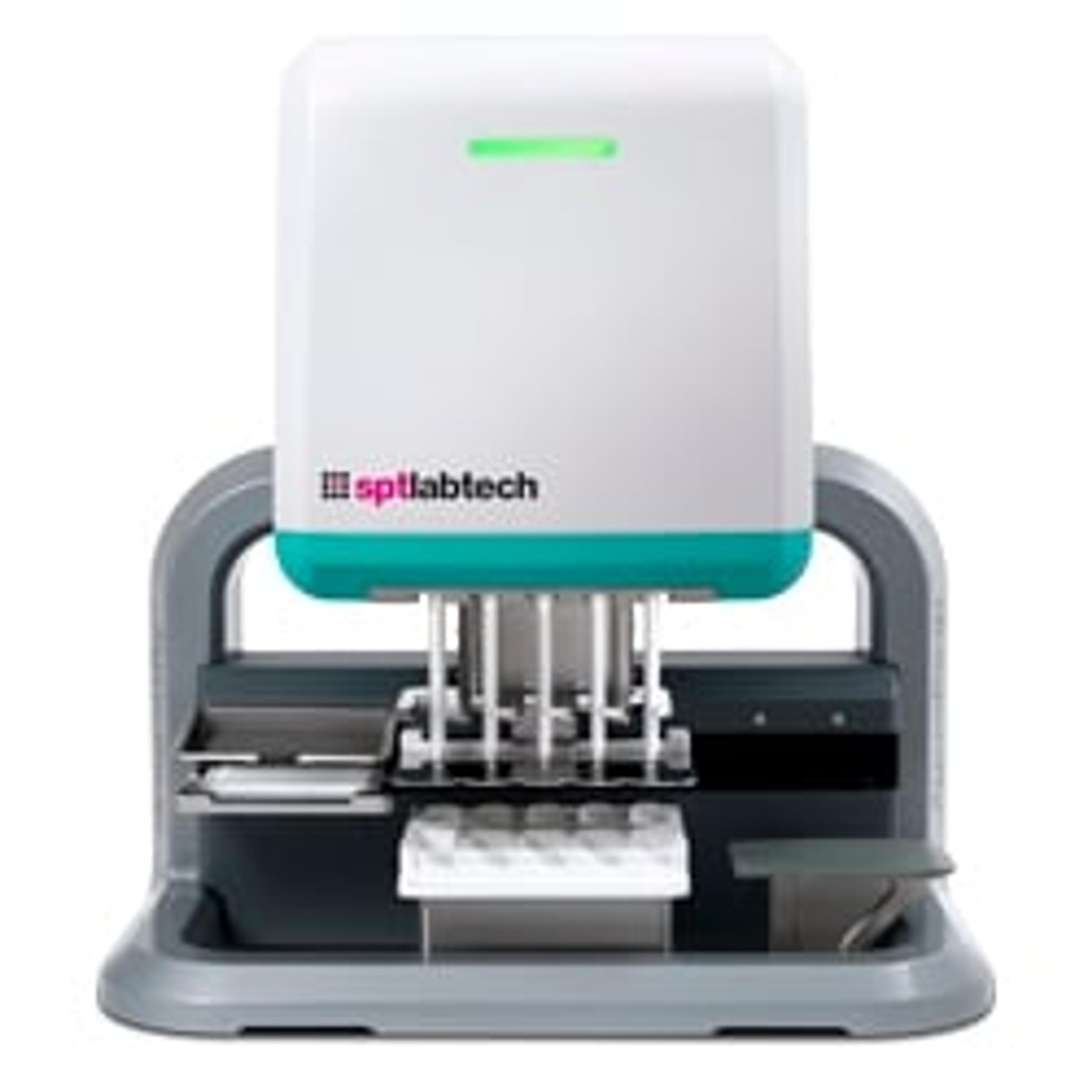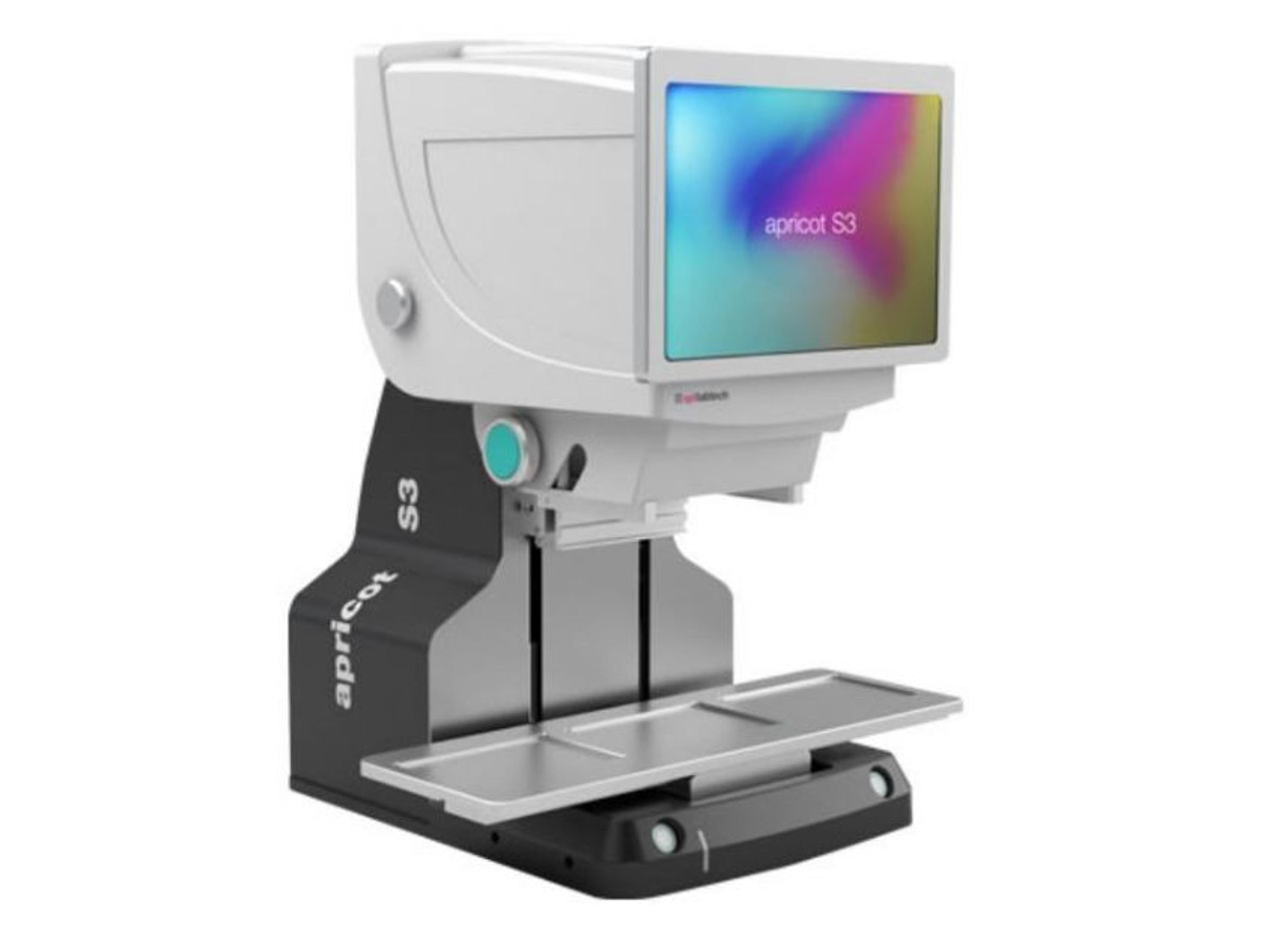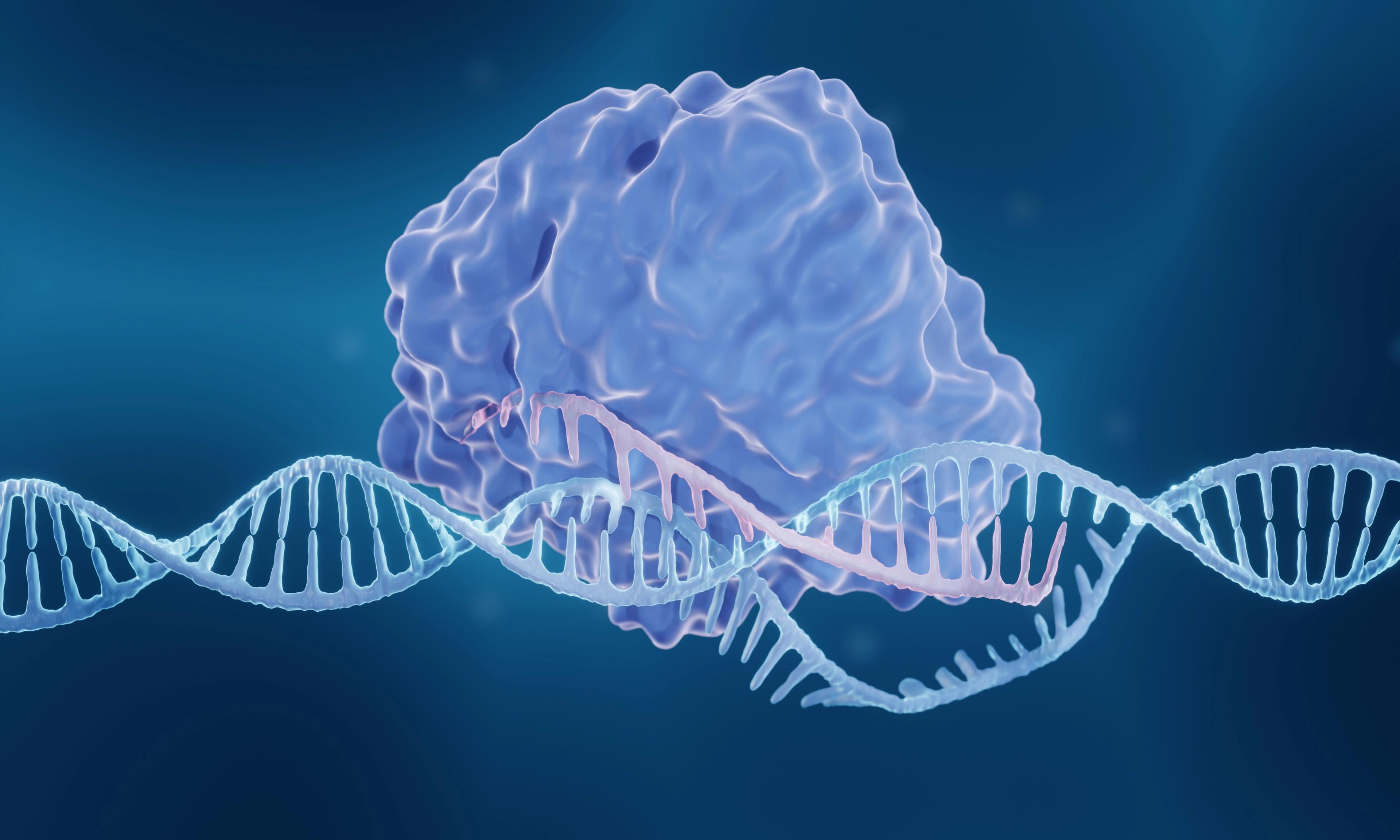
Gene Editing: CRISPR & Beyond
Find the latest research news and technological innovations in gene editing
Gene editing has become one of the most powerful tools in modern biology, allowing scientists to make precise changes to the DNA of living organisms. By enabling the addition, deletion, or modification of specific genetic sequences, gene editing is helping researchers uncover the genetic basis of health and disease, develop more accurate models, and explore potential therapeutic strategies.
Technologies like CRISPR have transformed what’s possible in the lab, making genome editing faster, more cost-effective, and significantly easier to design. With the continued development of next-generation systems, researchers can now edit nearly any gene with exceptional precision and reliability, expanding the scope of what gene editing can achieve.
In this feature, we take a closer look at the tools and techniques shaping the future of gene editing. Whether you're navigating technical challenges or planning your next set of experiments, this resource is designed to support your work and advance your understanding of this rapidly progressing field.
Advance your functional genomics studies with CRISPR-ready microglia
Microglia are the brain’s resident immune cells and play a crucial role in maintaining neural health through pathogen defense, debris clearance, and regulation of inflammation. Their involvement in neurodevelopment, synaptic remodeling, and disease progression makes them a compelling target for gene editing.
Accelerate target discovery with bit.bio’s CRISPR-Ready ioMicroglia, human iPSC-derived microglia engineered for high-efficiency CRISPR/Cas9 knockout screening. These cells combine consistent Cas9 expression, high knockout efficiency, and functional microglial identity, enabling scalable, reproducible studies in neuroinflammation and neurodegeneration.
Download resource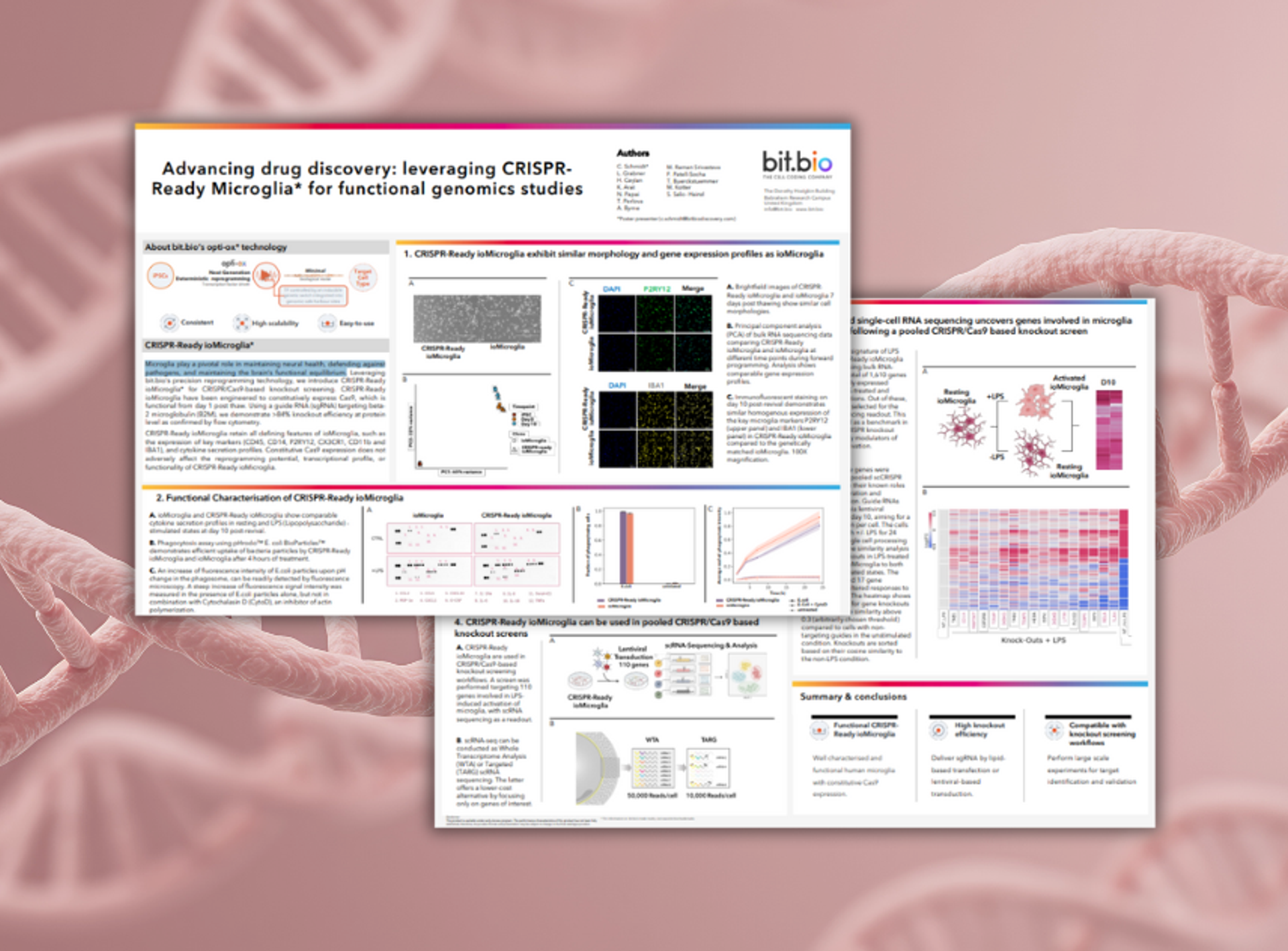
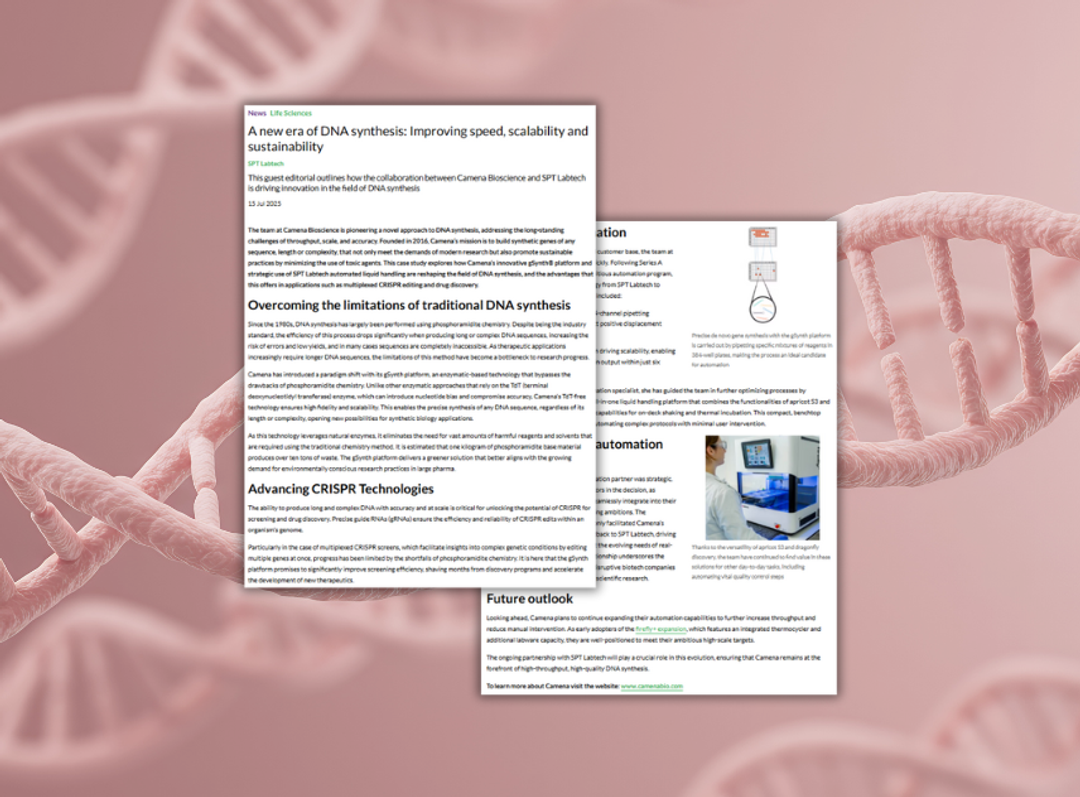
The team at Camena Bioscience is pioneering a novel approach to DNA synthesis, addressing the long-standing challenges of throughput, scale, and accuracy. Explore how Camena’s innovative gSynth® platform and strategic use of SPT Labtech automated liquid handling are reshaping the field of DNA synthesis, and the advantages that this offers in applications such as multiplexed CRISPR editing and drug discovery.
Read article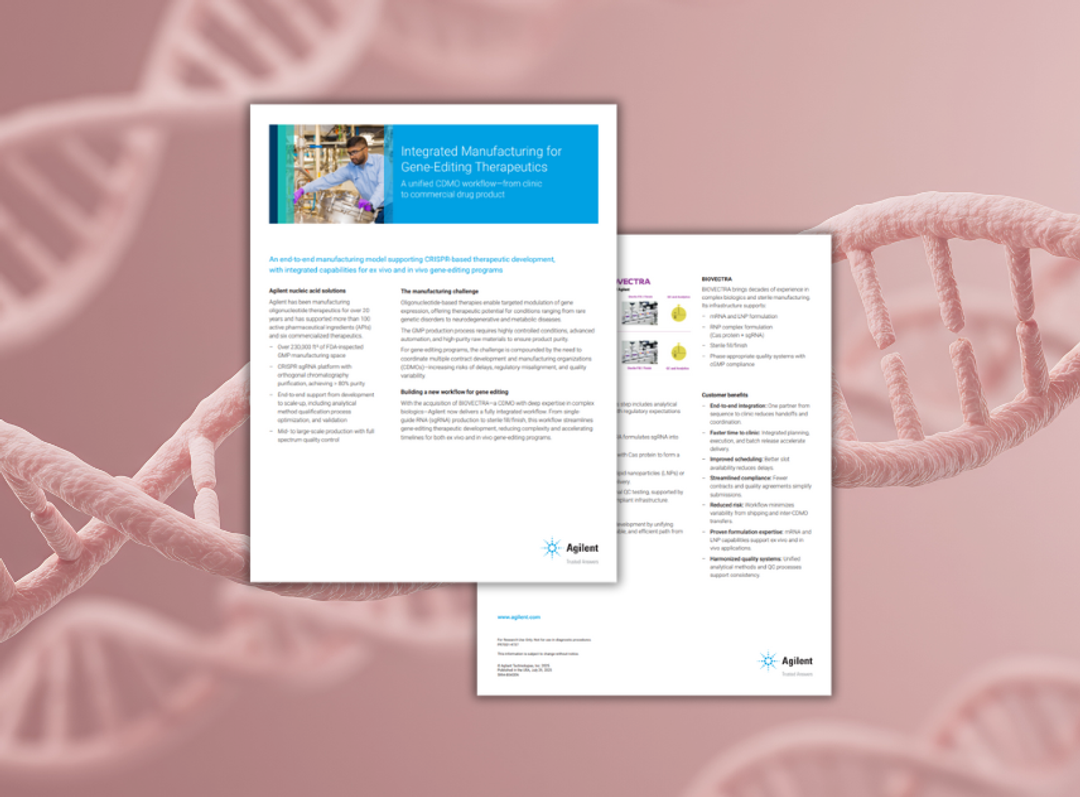
Accelerate gene editing development with a unified, end-to-end manufacturing approach that reduces risk, eliminates delays, and accelerates the path from sequence to clinic. This integrated approach from Agilent Technologies streamlines delivery for ex vivo and in vivo CRISPR programs.
Download resource
Join Agilent Technologies for an expert-led webinar showcasing a GMP-validated orthogonal chromatography technique that achieves over 80% full-length CRISPR sgRNA purity. Learn how this dual purification process meets FDA CBER guidelines, ensures analytical comparability, and supports high-quality gene-editing workflows across research and clinical applications.
Watch on-demand
